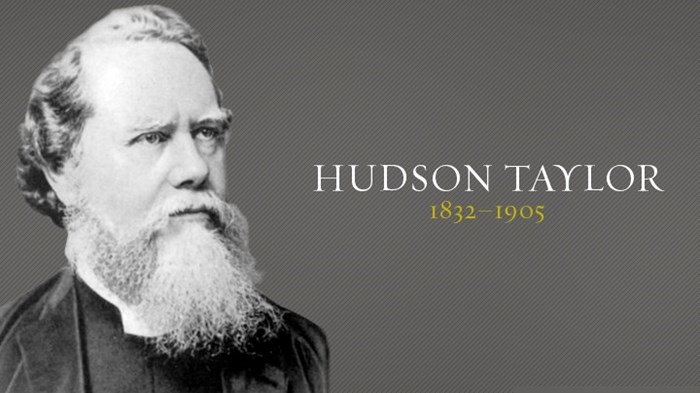
Oh yes, you
shaped me first inside, then out; you formed me in my mother’s womb. I thank you,
High God—you’re breathtaking! Body and soul, I am marvelously made! I worship
in adoration—what a creation! You know me inside and out, you know every bone
in my body;
You know
exactly how I was made, bit by bit, how I was sculpted from nothing into
something.
Like an open
book, you watched me grow from conception to birth. Psalm 139:13-16 (MSG)
Three-thousand years ago,
David wrote the above psalm having never seen an ultrasound image of a mother’s
womb. Yet, the Psalmist knew that there was something sacred about life. It’s tragic
to think that today with all the marvels of modern medical science we would
snuff out that life that has been “fearfully and wonderfully made.”
Since 1973, the name Jane
Roe has been at the forefront of the abortion debate—as in Roe vs. Wade, the
landmark SCOTUS decision which legalized abortion in this country. However, not
many know the real story behind Jane
Roe. Her actual name was Norma McCorvey
and in 1969 she discovered she was pregnant again. Norma wanted an abortion,
but at the time Texas law only permitted abortion to save the mother’s life.
McCorvey was not what
legal scholars would describe as a sympathetic litigant. The product of a
troubled and sometimes violent childhood, she was an abrasive, alcoholic drug
user who was disowned by her own family. She already had two children by
different men, and she had signed over both children for adoption. Pregnant for
a third time and divorced at age 22, she sought an illegal abortion but found
that all abortion clinics had been shut down by the authorities.
She contacted an attorney
with the purpose of making adoption arrangements. After hearing McCorvey’s
story the attorney put her in touch with two ambitious lawyers who were looking
for “the perfect case” to challenge the state’s law regarding abortions. They
had found their “victim.” The lawyers coached her to falsely claim she had been
gang-raped, hoping to make her circumstance more sympathetic. When her request
for a legal abortion was denied due to lack of credibility, they ran her case
for the next 3 years all the way to the U.S. Supreme Court.
Ironically, McCorvey never
appeared in court and her third baby was born in 1970 and given up for
adoption. She later testified that the team of feminist lawyers never made an
effort to help her after they secured her “Jane Roe” signature.
In the years that
followed, Norma McCorvey became a high priestess of the same false religion
that had used her and spit her out. She helped lure in young women to the
Dallas abortion clinic where she worked for minimum wage and even comforted
them with words she knew to be lies.
For a season, Norma basked
in the notoriety. Caught up in the leftist feminist agenda, she declared
herself to be an avowed lesbian. Anyone observing Norma McCorvey's pro-abortion
attitude and ungodly lifestyle would have declared her to be “unreachable.” But,
its not over till God says its over.
While working at an abortion clinic, McCorvey met pro-life Christians who witnessed to her. Instead of condemning her as a “baby killer” those compassionate Christians prayed for her and spoke often of Jesus’ unfailing love towards her.
Finally, two events broke
through to her hard heart. First, an 8-year-old girl named Emily Mackey, who
lived on Norma’s street, told her one day, “Miss Norma, God loves you and so do
I.” That simple statement made her realize that she had never experienced such
grace and love — totally unexpected and undeserved. It melted her heart.
The other experience that
caused her to reject abortion was seeing a baby on a modern ultrasound. No
longer could she fool herself and others into believing the lie that a fetus is
merely a clump of cells.
In 1995, Norma McCorvey
gave her life to Jesus Christ and renounced her former lifestyle and
occupation. McCorvey became an outspoken advocate for the pro-life
movement until her death in 2017.[1]
Norma’s radical transformation
should remind us of two truths. First, no one is beyond the reach of God’s grace,
and second, no one is too small to be used as an minister of God’s grace. Think
of the little girl who simply let her light shine and didn’t know how it would
make a difference.
Norma later said, “The
holocaust against the unborn is the greatest sin we could ever do or participate
in . . . I think it’s safe to say that the abortion industry is based on a lie.
I am dedicated to spending the rest of my life undoing the law that bears my name.”
Friends, we must not
remain silent on the issue of abortion. It is this generation’s great human
rights battle. Let’s keep witnessing, praying and believing God for the
impossible.
-DM
[1]
Tim Moore, “Do You Know Roe,” The Christ
in Prophecy Journal, March 20, 2019
<https://christinprophecyblog.org/2019/03/do-you-know-roe-part-1-of-2/



